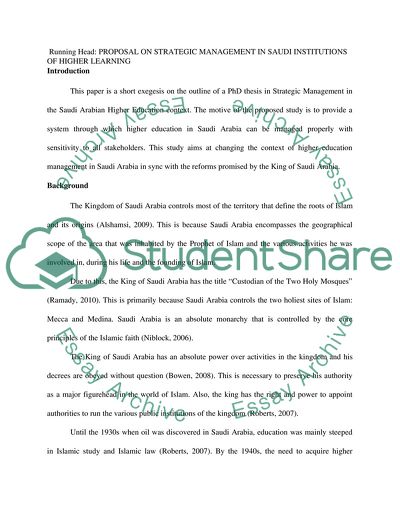Cite this document
(Strategic Management in the Higher Education Context - a Study of the Research Proposal, n.d.)
Strategic Management in the Higher Education Context - a Study of the Research Proposal. Retrieved from https://studentshare.org/education/1608505-strategic-management
Strategic Management in the Higher Education Context - a Study of the Research Proposal. Retrieved from https://studentshare.org/education/1608505-strategic-management
(Strategic Management in the Higher Education Context - a Study of the Research Proposal)
Strategic Management in the Higher Education Context - a Study of the Research Proposal. https://studentshare.org/education/1608505-strategic-management.
Strategic Management in the Higher Education Context - a Study of the Research Proposal. https://studentshare.org/education/1608505-strategic-management.
“Strategic Management in the Higher Education Context - a Study of the Research Proposal”, n.d. https://studentshare.org/education/1608505-strategic-management.


